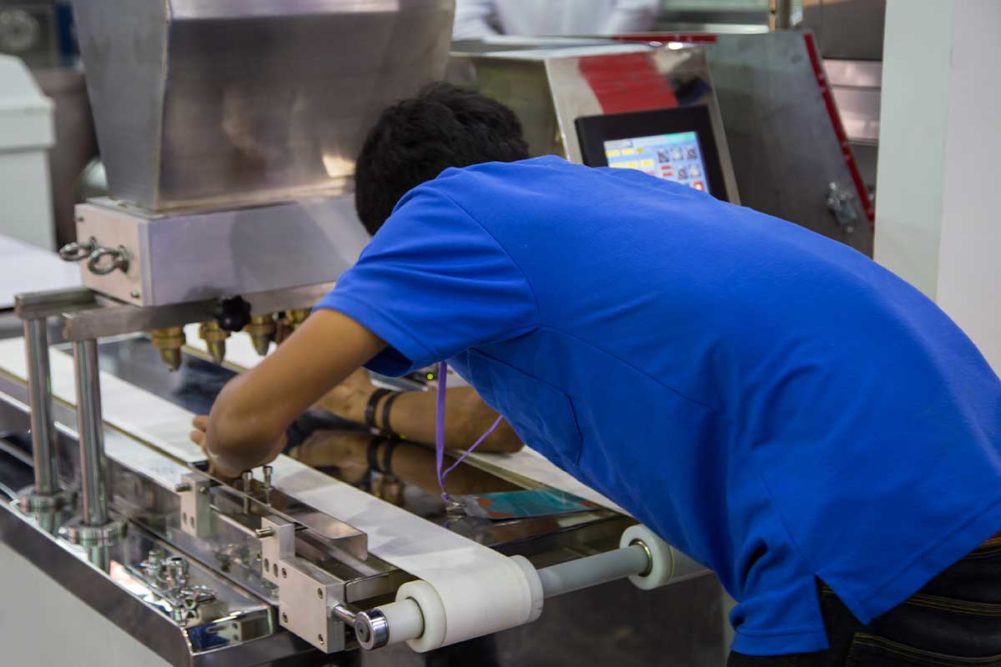Management teams that are present and providing guidance to the mechanics are the ones who will find the most success, said Rowdy Brixey, founder and president, Brixey Engineering Inc.
“If you went out right now and gave every NFL team the exact same playbook, only one of them is going to win the Super Bowl. The execution is the key,” he explained. “The coaches have to be the ones responsible for the condition of the bakery and the assets.”
Bosses who get out of their offices and walk the floor of the bakery, talk with their teams and check on assets are the ones who set expectations for high quality and know what’s going on in the bakery, Brixey continued. He emphasized the ‘Trust but verify’ principle.
“I don’t know how many times I’ve seen people sit in a meeting and be surprised by the amount of waste and downtime,” he said. “But if they’d have walked out on the floor at any moment during the prior week while the issue was happening, their involvement, the intensity that they could have brought to bear by just being present in the moment, could have impacted the lagging indicator much more than they ever realized. So the get-out-and-look, the get-out-and-get-engaged is a huge opportunity.”
Kyle Ray, director of engineering, Klosterman Baking Co., Cincinnati. Said mentoring and coaching his people starts with the basics, such as emphasizing that safety is the first priority, then supervisors and managers build from there.
“You have to get them into the mindset of working safely,” he explained. “When they step in the door, they can’t think of it as baking at home; it’s baking on an industrial level, so you have to understand how that works and why it works the way it does.”
He stressed asking questions of team members after they’ve been working on a piece of equipment. Helping them understand what is needed by talking through the process benefits everyone.
“When a technician comes in after working on a piece of equipment, you have that conversation with them. ‘What did you find? How did you repair it?’ ” Ray said. “Then coaching them through any corrections that might be needed or adding detail that would be useful to them.”
Klosterman uses not just the experienced workers and supervisors to guide staff but turns to outside help when needed.
“If we are short-handed or short on experience, we use opportunities to bring in an OEM technician to provide the training needed as well as an in-depth inspection and recommendations for using that equipment,” Ray explained.
At the end of the day, it’s also important to hold managers and associates accountable to get the job done correctly. It’s what Brixey calls the fair, firm and friendly approach, but also one that has rigid expectations of the job that needs to get done right.
“You cannot just continue to carry that burden of an underperforming associate, whether it be the management person for not being an effective coach or associates for not being effective at the position they were hired for,” he said. “Either way, you’re paying full price, right? Every payroll you paid 100% of your commitment to the associate to do the job. But if I’m not getting a level four or five out of that zero-to-five rating, then I’m basically giving away money every payroll where someone has to go do rework to get it right, or we have waste and downtime as a result.”
This article is an excerpt from the February 2024 issue of Baking & Snack. To read the entire feature on Maintenance, click here.





